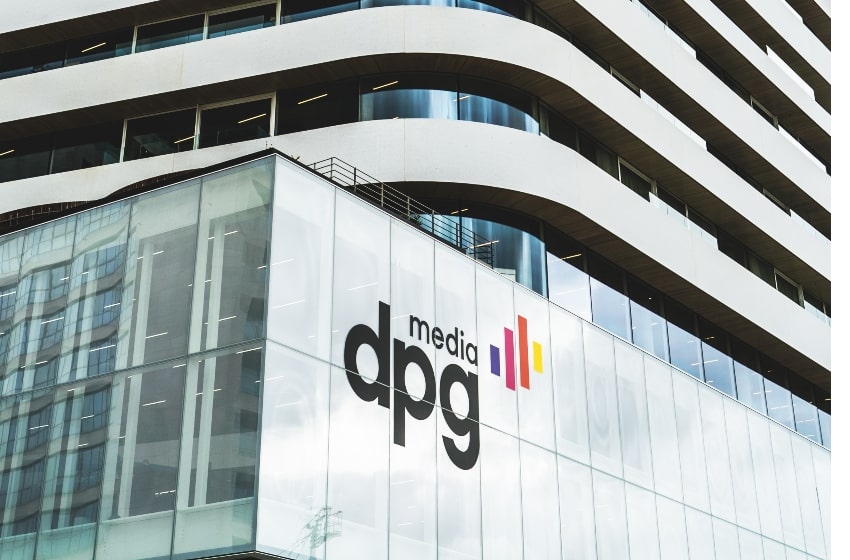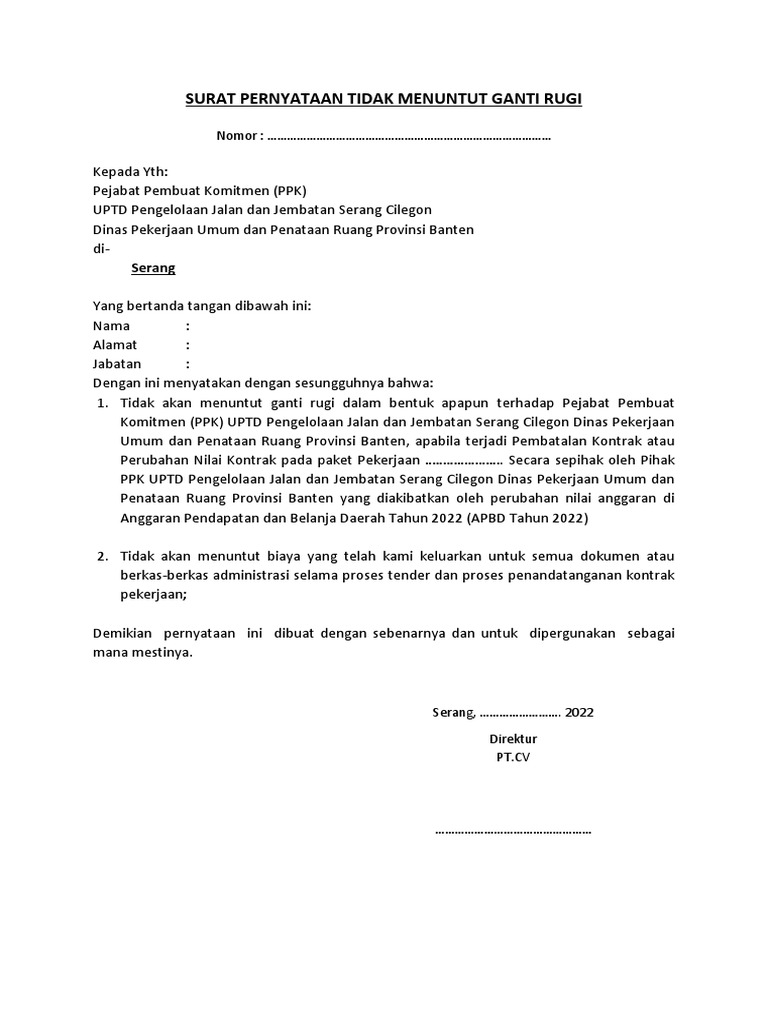Regulatory Decision On RTL's Sale To DPG Media Nearing

Table of Contents
The Deal's Significance for the Media Landscape
The proposed merger of RTL and DPG Media represents a major shift in the European media landscape. The combined entity would create a media giant with significantly increased market share, impacting various aspects of the broadcasting and media industries.
-
Increased Market Share for DPG Media: The acquisition would solidify DPG Media's position as a dominant player, potentially altering the competitive balance across multiple countries. This increased market power could lead to significant changes in the industry.
-
Potential for Reduced Competition Among Broadcasters: Concerns exist regarding reduced competition among broadcasters if the deal proceeds. Less competition could potentially stifle innovation, limit viewer choice, and potentially impact the quality and diversity of programming.
-
Impact on Programming Diversity and Journalistic Independence: A larger, more concentrated media entity might lead to concerns about potential biases in news coverage and a decrease in the diversity of programming offered to viewers. Maintaining journalistic independence within a larger corporate structure is also a key consideration.
-
Changes in Advertising Revenue Distribution: The merger could significantly reshape the advertising revenue landscape, potentially shifting power dynamics and impacting smaller media outlets' ability to compete.
-
Effect on Jobs and Employment within the Media Sector: While some may see potential synergies leading to efficiency gains, concerns remain regarding potential job losses and restructuring within the merged entity's operations.
The potential benefits and drawbacks for consumers are significant and will be closely scrutinized by regulators. Increased reach for DPG Media could mean wider access to content, but concerns about reduced competition and potential censorship remain a crucial consideration.
Regulatory Hurdles and Antitrust Concerns
The regulatory approval process for this significant media merger involves a complex interplay between the European Commission and various national competition authorities. These bodies will carefully assess the potential implications of the transaction.
-
Details about the Investigation Process: The investigation process will likely involve a thorough examination of market conditions, competitive analysis, and an assessment of the potential impact on consumers. This includes reviewing DPG Media's market position and the overlap with RTL's operations.
-
Key Concerns Regarding Potential Monopolies and Anti-Competitive Behavior: Regulators will closely scrutinize the potential for the merger to create a monopoly or significantly restrict competition in specific media markets. This is a primary concern in antitrust reviews.
-
Conditions Imposed by Regulators for Approval (Potential Divestments, Commitments): To secure approval, DPG Media may be required to make concessions, such as divesting certain assets or making commitments to maintain competition and protect consumer interests. These conditions can significantly shape the final outcome.
-
Timeline for the Regulatory Decision: The regulatory review process typically takes several months, and delays are not uncommon. The timeline will influence the final closing date of the transaction.
By analyzing previous mergers and their outcomes, regulators can establish a framework for their decision-making process, considering both successful integrations and those that faced significant challenges.
Potential Outcomes and Their Implications
Several scenarios are possible following the regulatory review: approval, conditional approval, or rejection. Each outcome presents distinct implications.
-
If Approved: Immediate effects would include increased market share for DPG Media, potential restructuring, and integration challenges. Long-term effects could include changes in programming, advertising strategies, and overall market dynamics.
-
If Conditionally Approved: The terms and conditions imposed by regulators will significantly impact DPG Media's operations. These might include asset divestments, commitments to maintain specific programming levels, or restrictions on advertising practices.
-
If Rejected: The consequences for RTL and DPG Media would be substantial, potentially including significant financial losses, reputational damage, and a need to reassess their strategic objectives. The deal would fall through.
-
Impact on Stock Prices and Investor Sentiment: The regulatory decision will heavily influence the stock prices of both DPG Media and RTL, along with overall investor confidence in the media sector.
Each outcome will have a significant impact on viewers and the broader media environment, potentially shaping the future of broadcasting and media consumption for years to come.
The Role of Public Opinion and Media Scrutiny
Public opinion and media scrutiny play a vital role in shaping the regulatory process. The level of public concern regarding media concentration and potential consequences significantly influences the decisions of regulatory bodies.
-
Public Concerns about Media Concentration: Concerns about the potential for reduced competition and decreased media diversity are commonly expressed by the public.
-
Role of Advocacy Groups and Consumer Organizations: Advocacy groups and consumer organizations often actively participate in the regulatory process, submitting their concerns and opinions to relevant authorities.
-
Media Coverage and its Influence on the Regulatory Process: The media's role in covering the transaction, including reporting on public concerns and analyzing the potential implications, can significantly influence public perception and pressure regulatory bodies.
Transparency in the decision-making process is crucial to maintaining public trust and ensuring accountability. Openness and clear communication from regulatory bodies are vital to managing public expectations and addressing concerns effectively.
Conclusion
The regulatory decision on RTL's sale to DPG Media is a pivotal moment for the European media landscape. The outcome will have far-reaching implications for competition, programming, and media ownership. This process highlights the ongoing tension between the drive for consolidation in the media industry and the need to maintain a diverse and competitive market. The potential ramifications of this media merger extend far beyond the immediate players involved.
Call to Action: Stay informed about the final regulatory decision regarding the RTL sale to DPG Media. Follow reputable news sources for updates on this significant media merger and its implications for the future of broadcasting and media consumption. Understanding the details of this transaction is crucial for comprehending the evolving landscape of the media industry and its impact on viewers and the broader media environment.

Featured Posts
-
 Starbase Le Projet Ambitieux D Elon Musk Au Texas
May 29, 2025
Starbase Le Projet Ambitieux D Elon Musk Au Texas
May 29, 2025 -
 Rick Derringer Guitarist For Weird Al Yankovic Dies At 77
May 29, 2025
Rick Derringer Guitarist For Weird Al Yankovic Dies At 77
May 29, 2025 -
 Man Utd In Pursuit Of Free Agent Targeted By Barcelona And Real Madrid
May 29, 2025
Man Utd In Pursuit Of Free Agent Targeted By Barcelona And Real Madrid
May 29, 2025 -
 Pokemon Tcg Navigating The Pocket Breakneck Expansion Launch
May 29, 2025
Pokemon Tcg Navigating The Pocket Breakneck Expansion Launch
May 29, 2025 -
 Kasus Nft Nike Pembeli Menuntut Ganti Rugi Rp 84 Miliar
May 29, 2025
Kasus Nft Nike Pembeli Menuntut Ganti Rugi Rp 84 Miliar
May 29, 2025
